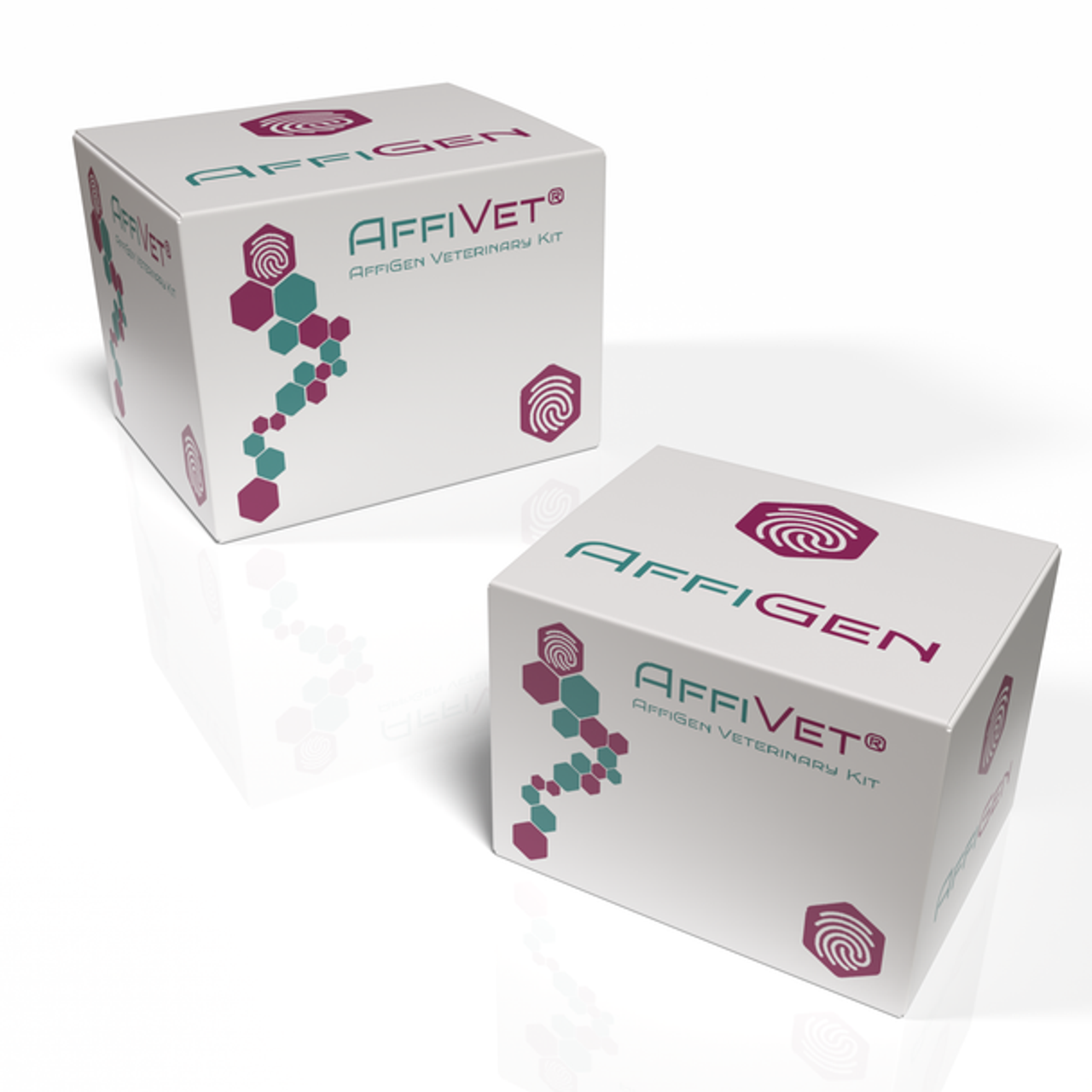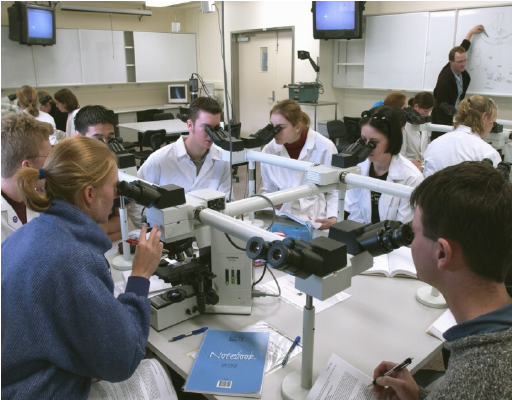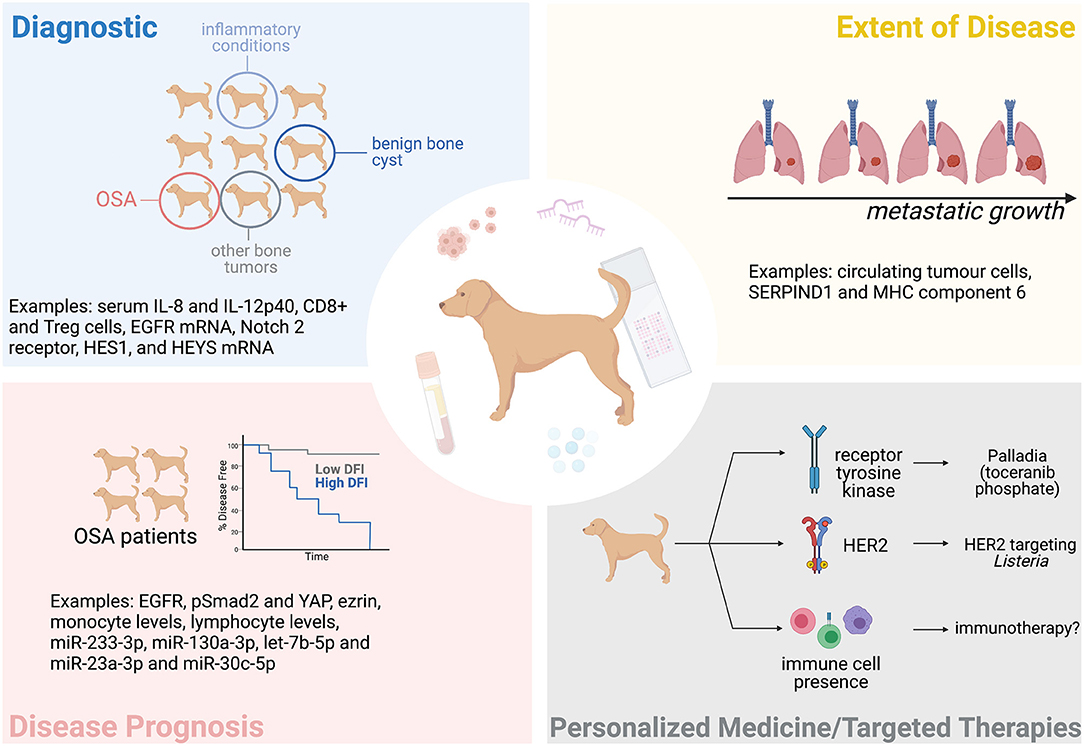Veterinary medicine has undergone remarkable advancements, and laboratory analysis plays a crucial role in diagnosing and managing animal health. Traditional techniques have laid the foundation, but the emergence of advanced lab analysis techniques offers unparalleled precision and depth for veterinary professionals. This blog explores how these cutting-edge technologies are transforming veterinary medicine and improving animal care.
Limitations of Traditional Techniques:
- Limited Sensitivity: Some traditional methods might lack the sensitivity to detect subtle changes in biomarkers that could indicate early disease.
- Specificity Challenges: Distinguishing between different conditions can be challenging with traditional tests, leading to misdiagnosis or delayed diagnosis.
- Time Constraints: Certain procedures require longer turnaround times, potentially delaying treatment decisions.
Advantages of Advanced Lab Analysis Techniques:
- Enhanced Sensitivity: Advanced techniques like mass spectrometry and next-generation sequencing (NGS) offer exceptional sensitivity, enabling the detection of minute changes in biomarkers associated with disease.
- Improved Specificity: These techniques provide greater specificity, allowing for more accurate diagnoses and differentiation between similar conditions.
- Faster Results: Many advanced techniques offer rapid turnaround times, allowing for quicker treatment decisions and improved patient outcomes.
Examples of Advanced Techniques in Veterinary Medicine:
- Immunoassays: These tests measure specific proteins in a sample, aiding in the diagnosis of infectious diseases, allergies, and hormonal imbalances.
- Molecular Diagnostics: Techniques like PCR (polymerase chain reaction) and NGS can detect specific pathogens and genetic mutations, facilitating the diagnosis of infectious and genetic diseases.
- Cytology and Histopathology: Microscopic examination of cells and tissues allows for a detailed analysis of abnormalities, supporting cancer diagnosis and staging.
Impact on Veterinary Care:
- Early Disease Detection: Advanced techniques enable the identification of diseases at an earlier stage, allowing for more effective treatment and improved prognosis.
- Personalized Medicine: Genetic testing can inform personalized treatment plans tailored to an animal's unique genetic makeup.
- Precision Medicine: Advanced diagnostics help to target specific disease pathways, leading to more precise and effective therapies.
Looking Ahead:
The field of veterinary diagnostics continues to evolve at a rapid pace. As new technologies emerge and become more accessible, we can expect even greater advancements in precision and personalized medicine for our animal companions. This will undoubtedly lead to improved animal healthcare outcomes and a deeper understanding of animal health and disease.
Explore advancements in veterinary medicine in this video lecture:


